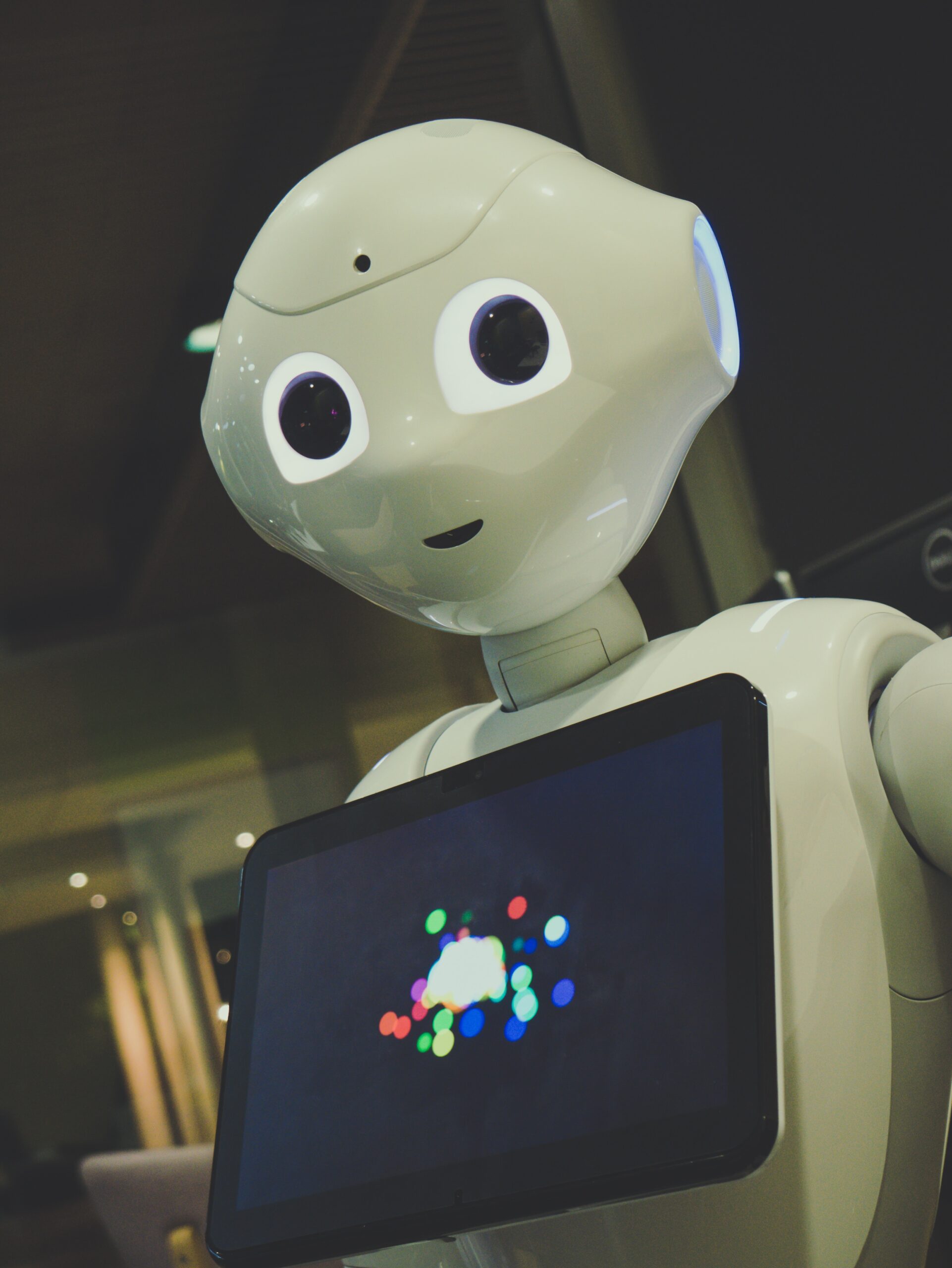Introduction
Artificial Intelligence (AI) has become an integral part of our daily lives, revolutionizing industries and paving the way for a future that was once unimaginable. The rapid advancements in AI technology are reshaping the world as we know it, and the possibilities seem endless.
With AI evolving at such a rapid pace, it’s important to stay informed about the latest developments and understand how it can benefit businesses in the long run. In this blog post, we will explore the future of AI and the exciting opportunities it presents.
The Rise of Intelligent Automation
One of the most remarkable aspects of AI is its ability to automate complex tasks and streamline operations. As AI technology continues to advance, we can expect to see a significant rise in intelligent automation across various industries.
Intelligent automation combines AI capabilities such as machine learning and natural language processing with automation to create systems that can learn, adapt, and make decisions on their own. This not only saves time and resources but also improves efficiency and accuracy.
Transforming Customer Experience
AI has already transformed the way businesses interact with their customers, and this trend is only going to accelerate in the future. With AI-powered chatbots, virtual assistants, and personalized recommendations, businesses can provide a seamless and personalized customer experience.
Imagine a world where AI algorithms can anticipate customer needs, offer real-time support, and provide personalized recommendations based on individual preferences. This level of personalization can drive customer satisfaction and loyalty, leading to increased sales and revenue.
AI in Healthcare
The impact of AI in the healthcare industry is astounding. From early disease detection to personalized treatment plans, AI has the potential to revolutionize healthcare delivery. With AI algorithms analyzing vast amounts of patient data, medical professionals can make more accurate diagnoses and provide tailored treatment options.
Furthermore, AI-powered robots and virtual caregivers can assist patients with daily tasks, monitor their health conditions, and even provide companionship. This not only improves patient outcomes but also reduces the burden on healthcare professionals.



